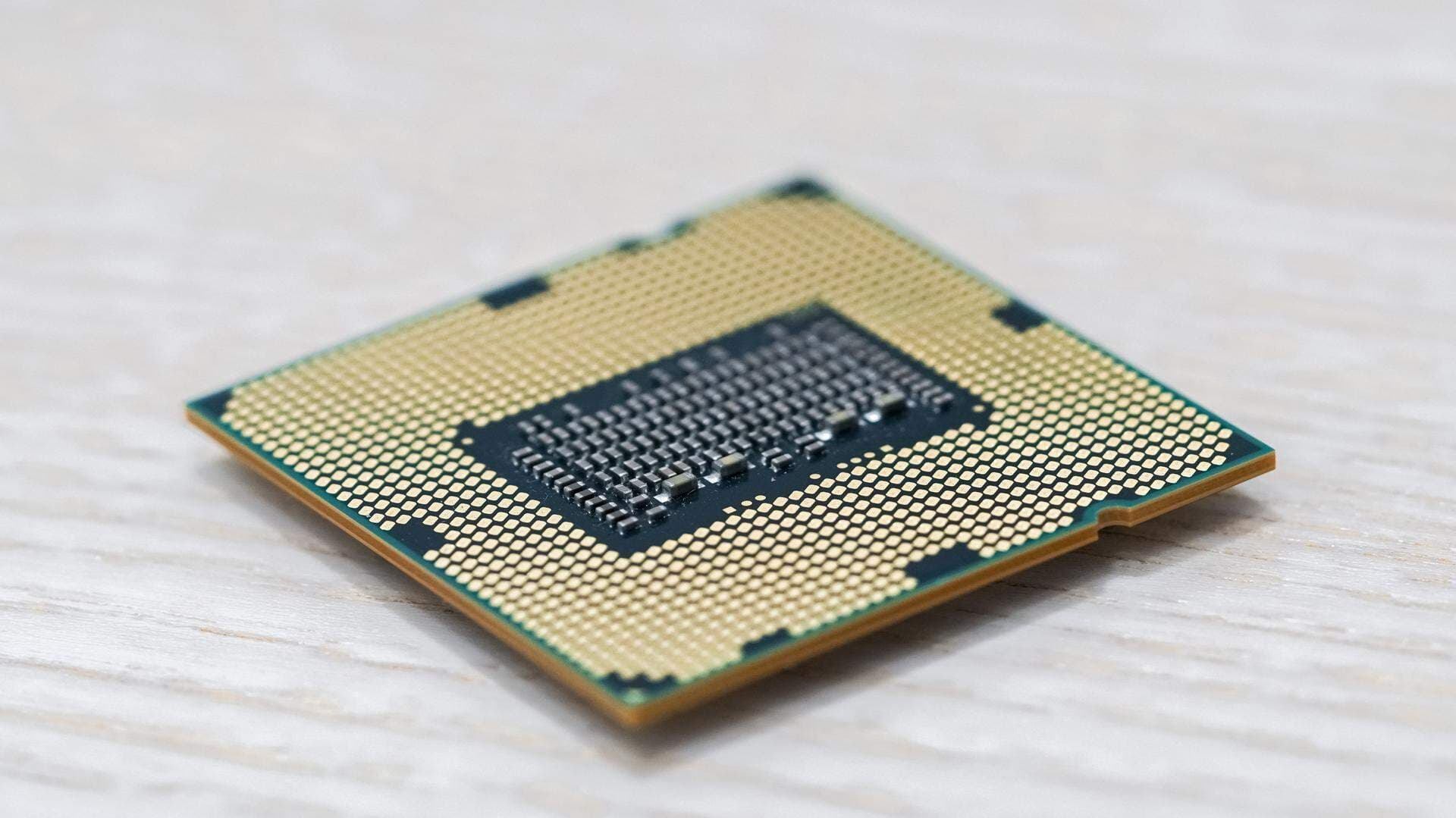Three suggestions for the EU Chips Act
Many parts of the Chips Act are questionable from the point of view of business and from a level playing field perspective. In a position paper, the Confederation of Swedish Enterprise present three suggestions for improvement.

As stated in our previously published general position paper, the Confederation of Swedish Enterprise is generally critical of major sections of the EU Chips Act. Many parts of the Act are questionable from the point of view of business and from a level playing field perspective. Indeed, it could constitute a dangerous precedent for more sectoral and interventionist policymaking at an EU level.
In this paper, we advance three specific suggestions for amendments that would improve the proposal:
To integrate the process of designating facilities as an IPF or OPF into the regular State Aid process and assessment, thereby making it a one-time up-front procedure rather than as an ongoing process.
To remove the proposed monitoring and crisis mechanism, as it will not deliver any significant benefits to security of supply. Rather, it will entail increased administrative costs and the risk of leakage of business-critical information. Increased resilience should mainly be promoted by opening new avenues of trade and by strengthening the integrity of the Single Market and the four freedoms therein in times of crisis.
To adjust the texts considering that article 107.3 c) does not empower the Commission to approve Aid with reference to security of supply, but rather to encourage the development of certain economic activities.